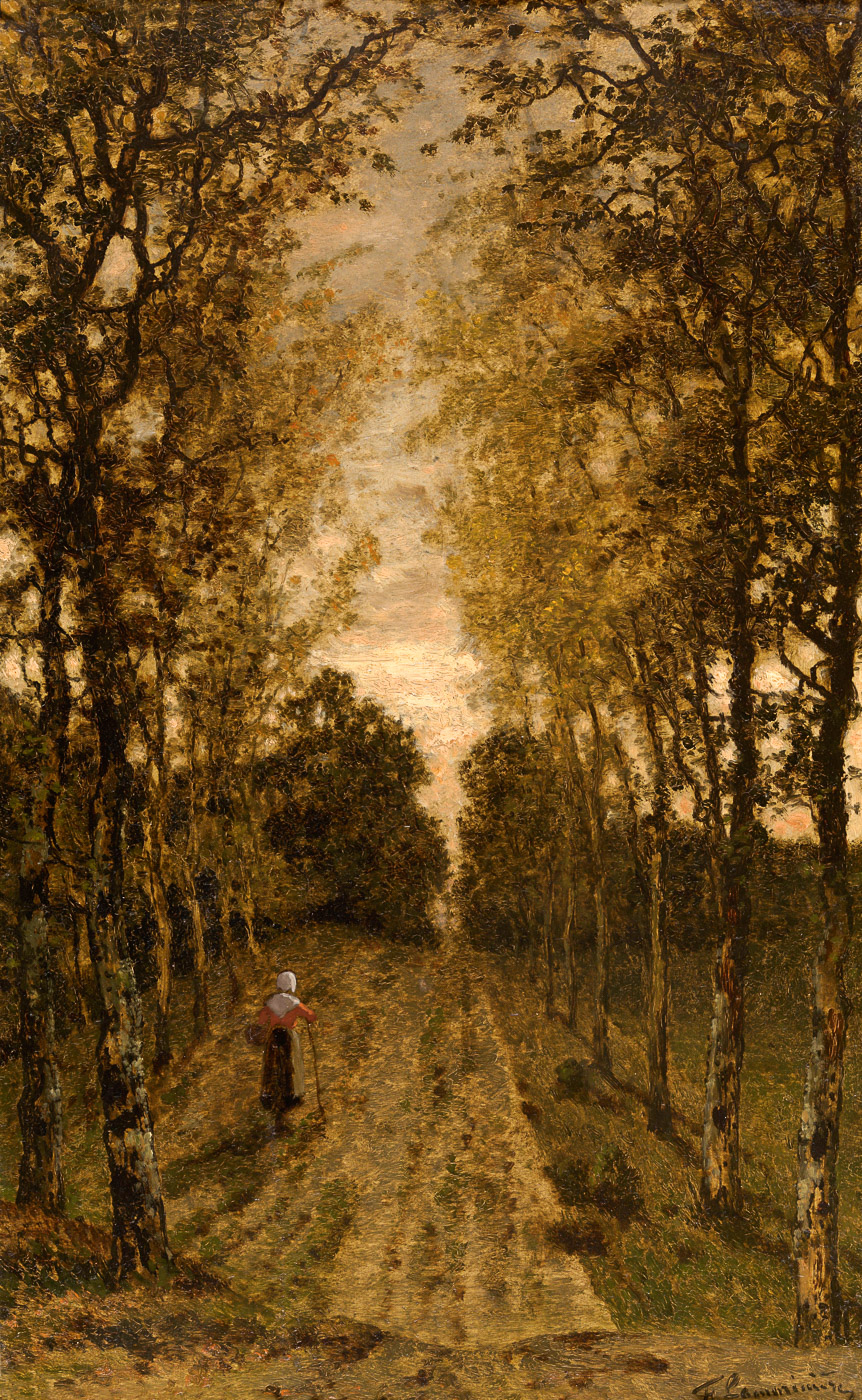This
Journey's
End

Dr. Jeff Gardner
This story is not about a trip, but about traveling.
Not long ago, I drove to Wisconsin to attend the funeral of a good friend’s daughter. An aggressive cancer had taken her life within one month. She was barely out of her twenties.
When I arrived, the weather was exceptional, with a cobalt-blue sky in which you could see Spring, and a green bloom spreading across the hills. Under normal circumstances, in such a vibrantly colored landscape, I would think only of pulling on a favorite pair of boots and striking out through the hardwood forests and over the sometimes muddy, sometimes clear creeks that make up the fine and beautiful country of the upper Midwest.
But on this trip, there was no time for hiking, and even if there had been, the mood was too heavy.
It had been years since I’d been in Wisconsin, though I had lived there for nearly a decade. During that time, I had hiked hundreds of miles across the state, pushing along sections of the Ice Age Trail and working the coastlines of Lake Michigan and Lake Superior: the one smooth and easy, the other cold, rocky, and hard as granite.
My friend, whose daughter had died, lives deep in the country and often takes long walks through the scrub wilds of the area. I have never had a chance to hike with him, and that’s a pity. Now in his sixties, he nonetheless stands straight and tall, with a solid trunk and legs that resemble an old but not aged oak. He has a gait that would be an inspiration on trail.
But his size and strength were no match for his grief, and at the funeral, he shook as he cried, audibly, for the loss of his daughter.
Hiding my face with my hands, I cried, too.
I cried for my friend. It hurt me, deeply, to see him in pain, and there was little that I could do for him.
I cried for the suffering that his daughter had endured. The cancer, I had learned, inflicted tremendous pain upon her.
I did not cry, however, for the fact of her death. Though she died young, death found her right where she knew she should be. In her lifetime, she had considered a religious vocation (and declined it), loved deeply (but refused marriage), and found that teaching was her given mission. Death took her in full stride of doing what she loved, perhaps even (dare I say?) doing what she was meant to do.
Lastly, and perhaps shamefully, (though how shall I judge?), I cried for myself. I cried with a crushing realization of all the many missteps that I’ve made with my life, my children, my wife, and my foolishness, and the time that I wasted over the years.
The death of such a vibrant and focused young woman jolted me, throwing up the uncomfortable reminder that death is this journey’s end for all of us, and is waiting, somewhere, down trail at some unknown yet preordained point. It unnerves me that death will do for me what it does best for all of us: it will step out of the forest that we so often miss for the trees and stop us in our tracks, regardless of what trail we are on or how much further we want to travel.

It unnerves me that death will do for me what it does best for all of us: it will step out of the forest that we so often miss for the trees and stop us in our tracks, regardless of what trail we are on or how much further we want to travel.

Death does not care if we are lost in life. It does not care if we waste hours, or years, wanting, waiting, or wondering where our path might be, or worse, how we got so far off track. Travel smoothly along the course that we are called to or bush-wack until we are bloody and beaten by life’s thorns, thistles and stones, it makes no difference; death is ready for us — ready or not.
Death, I know, is only passage, the antipode to birth, but judging from the expressions on the faces of newborn babies, the inexorable transitions of existence can be jarring, especially for the unsuspecting.
This realization leaves me, sometimes for long stretches, feeling melancholy. Hiking can soothe the angst. In the deep green and umber places of the world I can, if I relax, feel the music of being as a familiar yet unlearned metaphysical symphony, complete with bright treble notes of all things living, and the soft, low-pitched hums of things decomposing: all things present and all things past.
When I move through the composition of these landscapes, death seems to me, mercifully, more like a single cord in an infinite chorus, and less like a terrible, crashing crescendo. These realizations, I know, are simplistic and obvious, but they comfort me. I am not ashamed to admit that I need to hear them, again and again, like a child needs a lullaby.
Harmonious or discordant, death is the truth of our material journey’s end. We should daily breathe in this fact as deeply as we would the fine spring sunshine, and then, as the saying goes, memento mori. Since our steps are numbered, we should heedfully move through life bravely with purpose, a straight back and a strong stride, taking care to discern our vocational paths so that, with deep humility, we might walk worthy.

